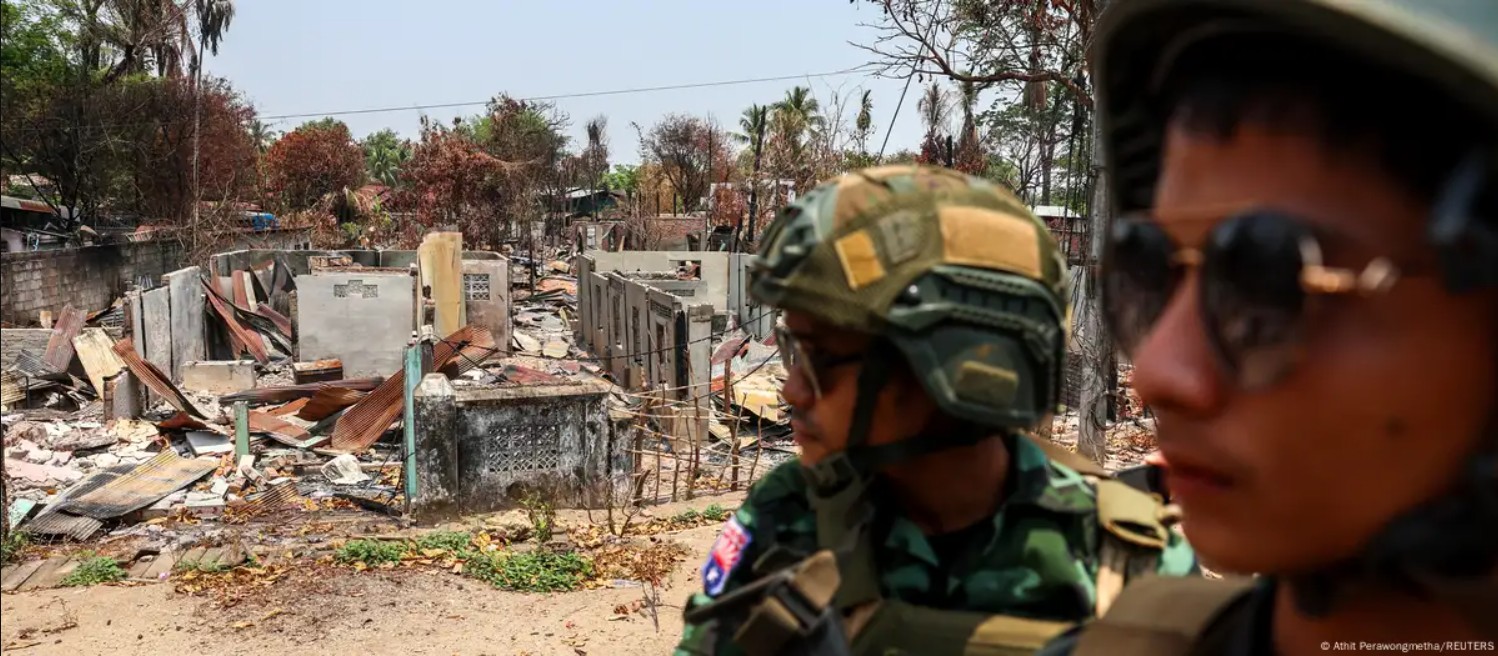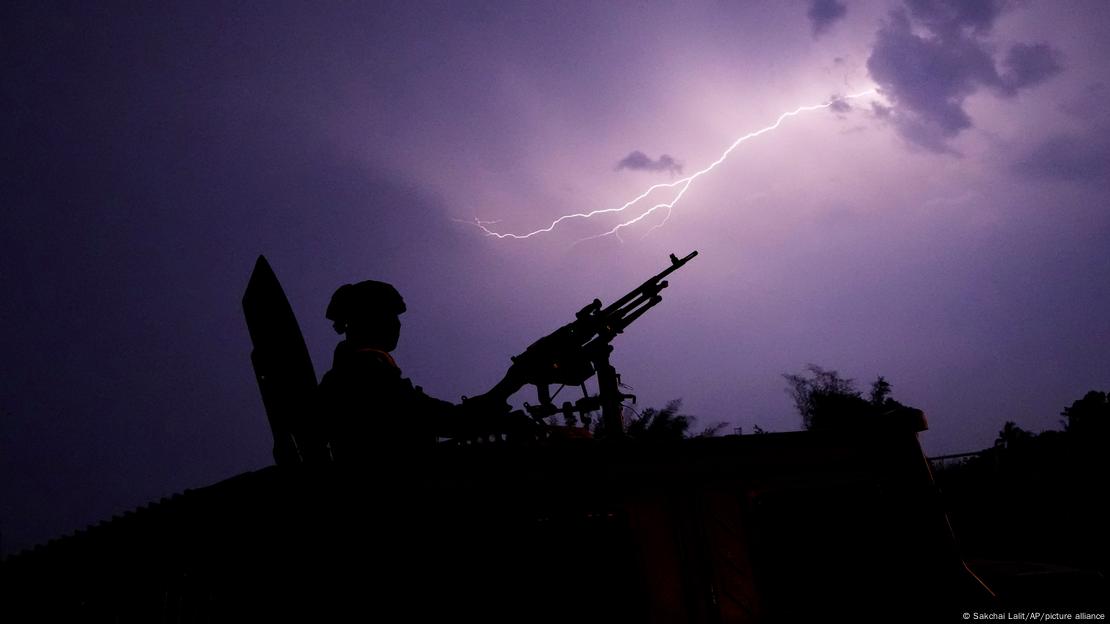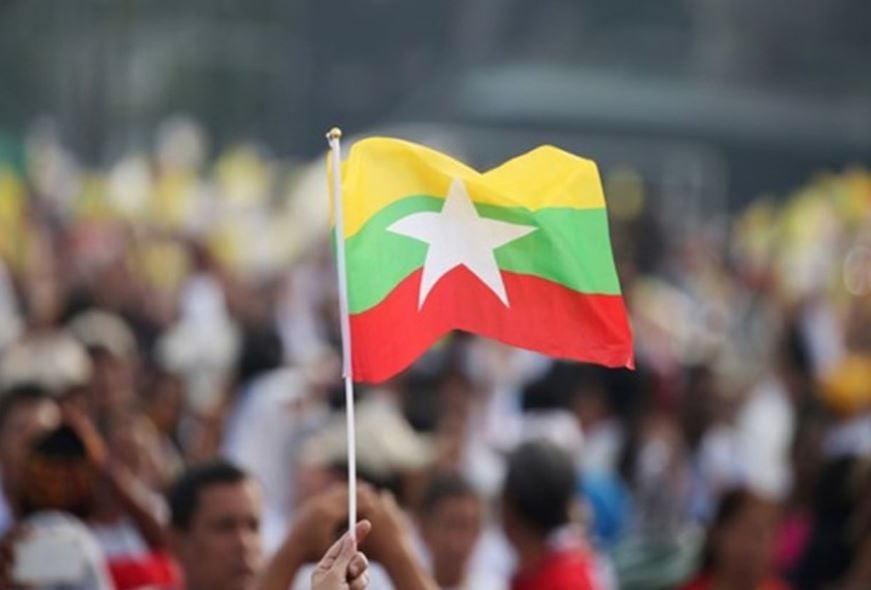CNI Article
By- Chit Min Tun
22 May 2025
Myanmar has been wasting its time with wars and has not been able to get on the path of development for many years. Views are divided on whether the country we are living in is the First Myanmar or the Fourth Myanmar, and talks on ending the internal armed conflict have failed.
The Myanmar Tatmadaw, including powerful ethnic Bamar political parties and groups, now considers Myanmar to be a fourth country because they have considered that Anawrahta (founder of the First Myanmar), Bayintnaung (founder of the Second Myanmar), and Alaungpaya (founder of the Third Myanmar) established the First, Second, and Third Myanmars, and that today's Myanmar, which gained independence from the British on January 4, 1948, is the fourth country.
The non-Bamar ethnic groups, along with Anawrahta, Bayintnaung, and Alaungpaya, also had their own kingdoms under a monarchy.
In 1885, all the territories of the various ethnic groups fell under the British rule, and on January 4, 1948, they gained independence and established today Myanmar, thus they have considered today Myanmar as the first Myanmar because they have considered Myanmar to be the result of the union of independent states, including the agreement to unify the mountains and the mainland, which resulted in the independence of Myanmar.

Buildings damaged during armed conflict are seen (Photo: Reuters)
Then, due to the lack of ethnic equality, weak power sharing, weak resource sharing, the collapse of democracy, strong centralization, the emergence of the Great Bamar Chauvinism, and the division of ideology, internal armed conflicts broke out just a few months after independence on January 4, 1948, and have lasted for more than 70 years as of today (2025).
Before independence, due to the feudal system, kings waged wars and expanded their territories, so they spent their time on wars among ethnic groups. After independence, ethnic groups did not unite, but wars continued to waste time.
Therefore, the people of Myanmar only had the opportunity to experience democracy for three periods: from 1948 to 1958, from 2011 to 2015, and from 2015 to 2020.
The rest of the time, they have been surviving in wars. Looking at the current situation, on February 1, 2021, the Myanmar military overthrew the NLD government, claiming that it was attempting to form a government without resolving the voter list dispute in the 2020 general election and declared a state of emergency and is ruling the country.

While seeing an armed person (Photo: AP)
Then, with the gradual erosion of freedoms and the expansion of the military framework, democracy was disappearing. Therefore, efforts to restore democracy split into two groups. One group was trying to hold elections, remove the military rule, and restore democracy.
Another group is trying to overthrow the military government and restore democracy through armed resistance.
While there are such differences, some say they are fighting to protect democracy, while others say they are fighting because democracy has been lost.
Between these two situations, the people are experiencing a general decline in social, economic, educational, health, and freedom crises, with many people becoming homeless and some losing their families.
Some warlords have their own territories, while others are trying to gain their own territories. Some warlords are trying to control power. States create wars, and wars create states; Francis Fukuyama once said.
In Myanmar, wars create hatred, and hatred creates to make the country collapse.
Eventually, Myanmar society is slowly deteriorating and facing obstacles to democratic transition and the establishment of a federal union.
Lee Yuan-yew, the founder of Singapore, once said in 1962 that “those with cameras are more valuable defenders of democracy than those with guns.”

While seeing a Myanmar national flag
In Myanmar, those who hold guns in the name of democracy, claiming to be defending peace, federalism, and democracy, are discussing at a round table while those who hold pens/cameras without even holding a needle are accused of being those who are making the country collapse.
Myanmar is currently a country with a broader military framework and narrower political framework, ruled by warlords under the name of democracy. In order to break away from the state ruled by warlords under the guise of democracy and establish a union system based on democracy and federalism, the people need to be united and able to choose the right positions.
Otherwise, Myanmar could become a failed state, whether it is the fourth country or the first country because Myanmar's neighbors and visitors from far away are trying to divide Myanmar into pieces like a cake.
Therefore, it is necessary to rebuild the country from a state ruled by warlords under the guise of democracy, through the power of internal unity. In any case, it remains to be seen how Myanmar's future democracy and federalism will develop.
"When one door closes, another one opens but we often look so long and so regretfully upon the closed door that we do not see the ones which open for us" said Alexander Graham Bell.




